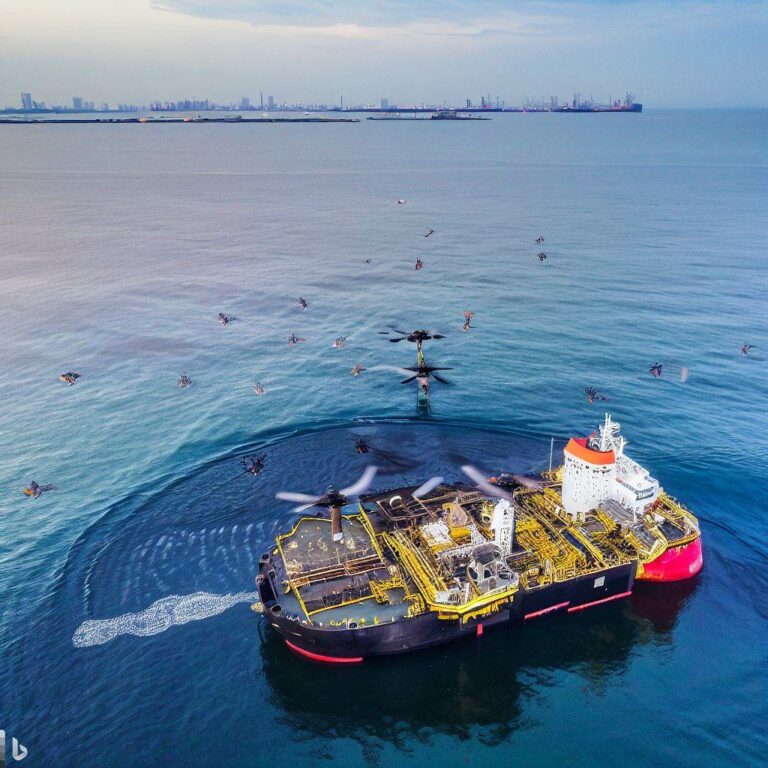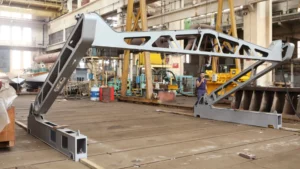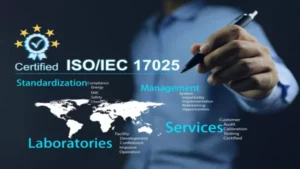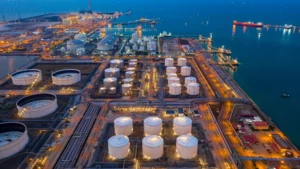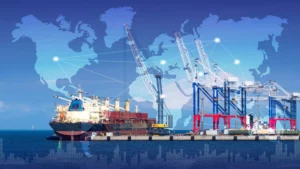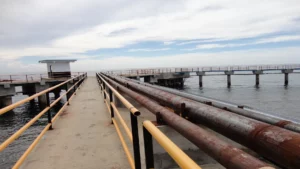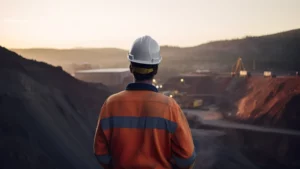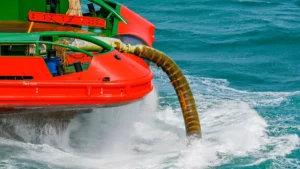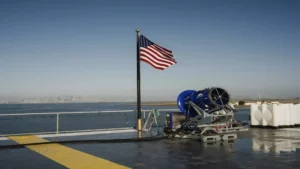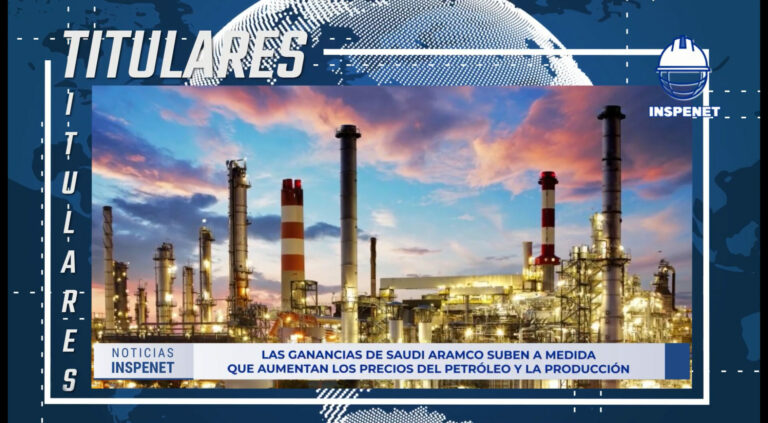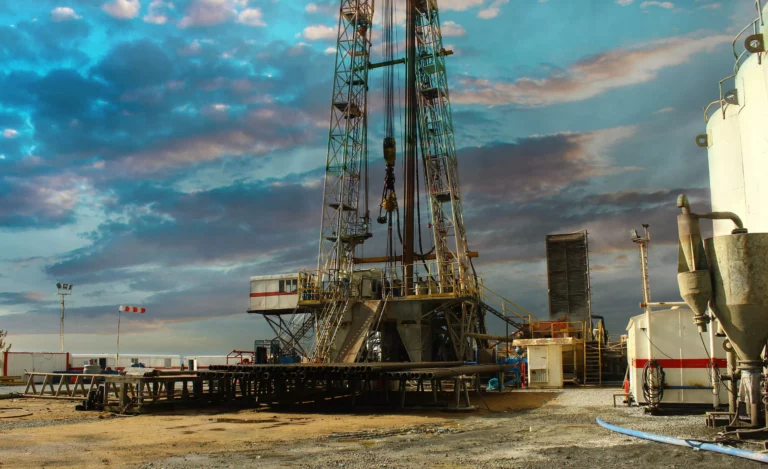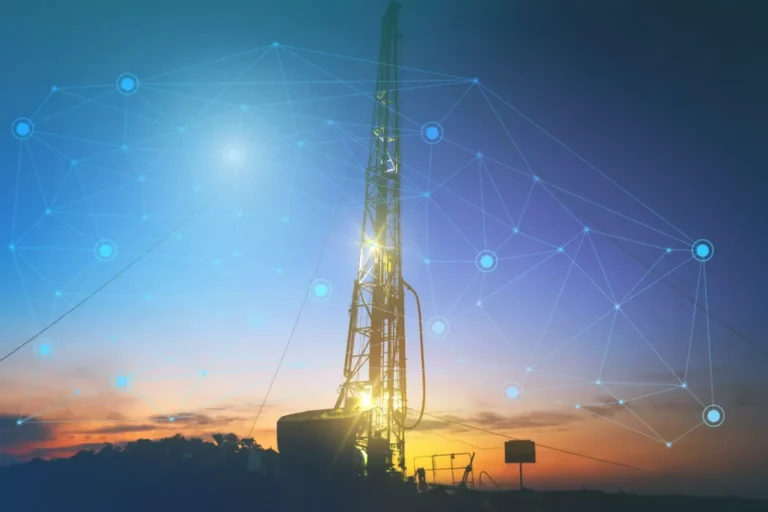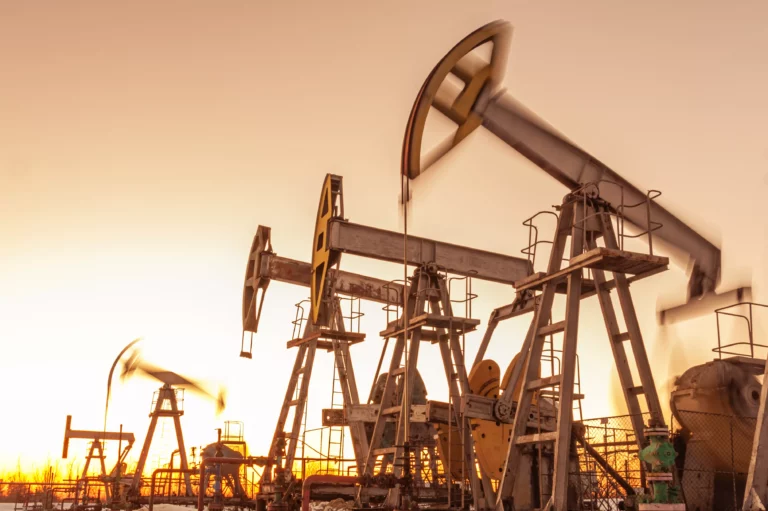Eng. Mayuly Rodríguez, June 07, 2023.
Introduction
The prevention of oil spills in the complex scenario of operations in the offshore sector, and the protection of marine ecosystems have become unavoidable imperatives. The preservation of these fragile ecosystems is not only essential for the health of the planet, but also for the sustainable future of the oil industry.
In this sense, the Emerging technologies that are continually being developed and used for the prevention and containment of spills can be referred to as guardians of the oceans, because they are transforming the landscape and offering effective solutions to deal with these accidents safely, improving the response capacity in critical situations in offshore sectors.
Threat of oil spills in the oceans
Spills that occur during oil operations, especially during extraction and transportation, unleash a chain of threats that result in devastating immediate and long-term consequences for both the environment and the economy. These events give rise to a series of risks and challenges that require an immediate and effective response. We are clear that hydrocarbons are toxic, but what makes a spill into the sea so dangerous?
One of the problems is that the effect of the waves causes the leak to spread rapidly over the water surface, with the danger that the stain will reach the coasts and beaches. Multiplying the associated risks due to the toxic chemical substances present in crude oil and affecting the food chain and economy of the localities.
In addition, the pollution of water and marine environments causes severe damage to marine life, with irreversible consequences for underwater habitats that take decades to recover 1 (Figure 1). Environmental pollution is also affected, due to the emission of toxic gases produced.
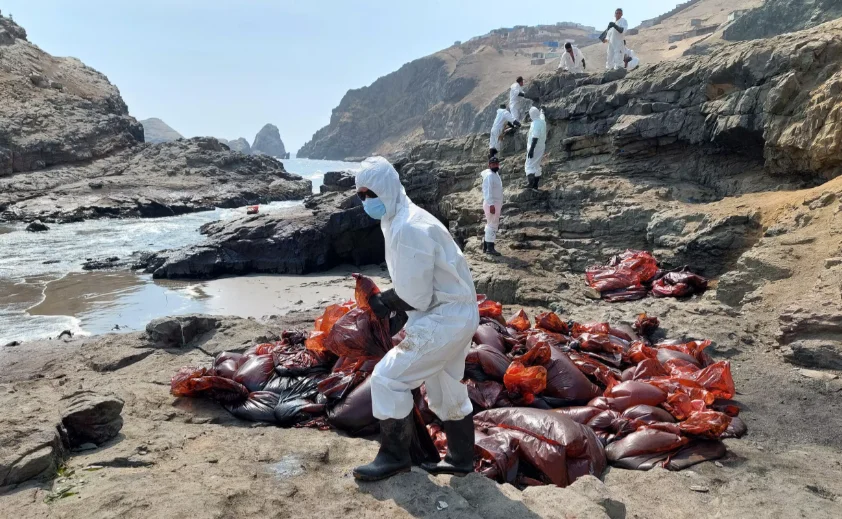
Oil spill in Peru: a negligence death of marine fauna due to oil spill 1
Despite advances in safety and technology, spills continue to recur. For this reason, there is an urgent need to implement effective measures to prevent and control oil spills in marine waters. Cooperation between the oil industry, security and environmental protection experts, as well as developers of new technologies, becomes an important factor to effectively address these threats.
Innovation in prevention: Avoiding maritime spills
Currently, ensuring efficient and responsible management of marine resources requires the use of emerging technologies in the prevention and control of maritime spills.
1. Maritime drones: Eyes in the sky, guardians in the sea
Maritime drones have emerged as a powerful tool in the prevention and control of oil spills in the oceans. These unmanned devices offer a unique combination of mobility, versatility, and real-time data collection capabilities, making them a valuable ally for risk-considered maritime operations.
As drones are integrated with more artificial intelligence (AI), radar, thermal imaging cameras, smart sensors , and automation technology, they will become increasingly powerful tools. And eventually, they’ll help minimize the impact of oil spills to a level we’ve never seen before. Additionally, these devices can be kept in the highest-risk areas, thus optimizing prevention efforts.
The early detection of leaks, the permanent monitoring of the operational areas with the greatest danger, the evaluation of the damage caused and the precise identification of where the spill started are part of the benefits provided by this equipment. In addition, being able to measure and map hydrocarbon accumulation is a great help for response teams to project product propagation trajectory maps and make important decisions in real time.
2. Satellite systems: Global surveillance from space
These systems are essential in the prevention and detection of large-scale oil spills. These sophisticated technologies make it possible to provide global surveillance from space, providing a comprehensive view of vast oceanic areas and the ability to locate sources of pollution in a precise and timely manner.
The use of satellites in the prevention of oil spills is based on their ability to capture images and data in real time from space. These systems use high-resolution remote sensors, which make it possible to detect and monitor changes in the sea surface, such as oil slicks or alterations in the texture of the water.
The main advantage of satellite systems is their ability to constantly monitor large ocean areas that are difficult to access, allowing early detection of oil spills before they spread and cause significant impacts on the marine environment.
They are also used to observe the activities of drilling and transportation of hydrocarbons in sensitive areas. These systems identify unusual vessel movements or changes in activity patterns, preventing accidental spills and ensuring compliance with safety regulations.
Satellite systems have proven to be fundamental in the prevention and control of oil spills. For example, on the coast of Panama they have detected various hydrocarbon spills with satellites in the last year. The great maritime transit of this country will always be at high risk of spills. “It is really critical that the country apply technology in the timely detection of spills and have a national contingency plan against spills of hydrocarbons and polluting substances in the sea” 1 .
3. Underwater sensors: Early warning in the depths
In the prevention of oil spills , the use of underwater sensors has acquired fundamental importance. These devices deployed in the depths of the sea play a good role in providing early information on leak detections and water quality monitoring, allowing a quick and effective response to possible risks that may become significant.
The sensors detect leaks in infrastructure, such as pipelines, vessels, and offshore platforms. They use advanced technology, such as high sensitivity and sampling systems, which identify changes in hydrocarbon levels and other elemental parameters, (Figure 2).
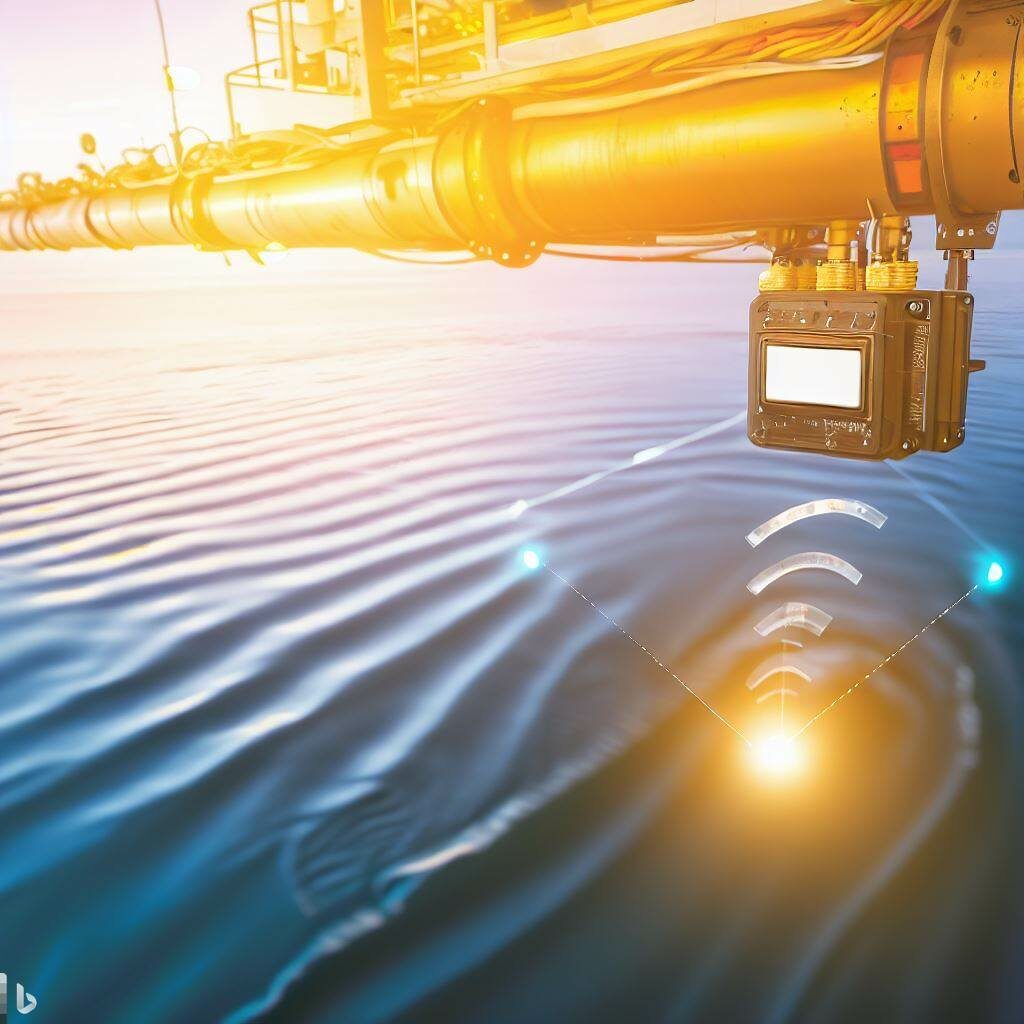
4. Cyber-physical Oil Spill Detection and Monitoring for Offshore Oil Risk Management Service
CPS (Cyber-Physical Systems) technologies are used in the offshore oil industry to optimize oil exploration, production and management. They can detect and prevent oil leaks offshore, although locating the exact point of the leak presents challenges. Precise estimation of the leak point is crucial for emergency response. Improving models of oil leaks in the high seas is essential, which is why CPS technologies are essential in the prevention and control of these maritime incidents 2 . (Figure 3).
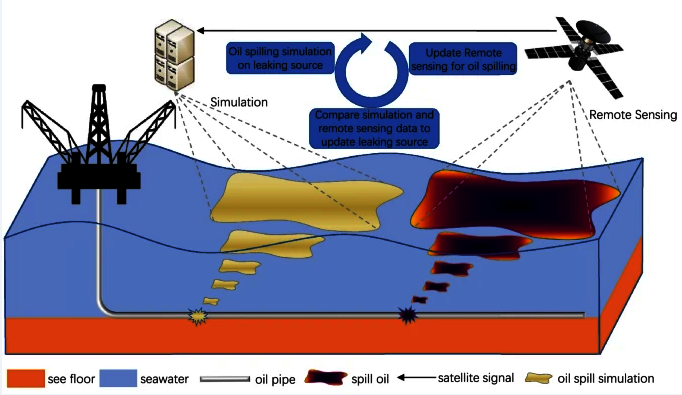
Benefits and challenges of new technologies in the prevention of oil spills
Among the main benefits are:
- Improved early detection
- Continuous and extensive monitoring
- Better responsiveness
Regarding the current challenges and limitations are:
- Costs and accessibility
- maintenance and reliability
- data security
- System integration
- Regulations and application procedures
- qualified operators
Projecting the future potential of innovative technologies:
- Constant and promising evolution
- Search for more frequent and detailed data
- Use of artificial intelligence, Big Data and automation
- Greater efficiency and precision in spill prevention
- More proactive and preventative approaches
New technologies developed for spill prevention and control offer promising future potential with the evolution and use of new technologies.
Conclusions
In a future where emerging technologies continue to advance, it will be essential for oil companies that operate in marine environments to adopt innovative solutions that will allow an increase in the speed and precision of detention, comprehensive monitoring, rapid and effective response to oil spill emergencies. hydrocarbons.
Investment in cutting-edge technologies is necessary for the offshore oil industry to become the guardians of the oceans, ensuring a comprehensive balance between the exploitation of resources and the protection of the marine environment.
Similarly, for good spill management , it is important to carry out regular training exercises for immediate response, the faster and better prepared the reaction, the lower the environmental and social impact. A comprehensive and consistent view of the spill situation should also be provided, to facilitate coordination and communication between the different stakeholders.
Collaboration and commitment in the development of responsible tools and practices are essential for the protection of marine ecosystems, mitigating socio-environmental damage and reducing the effects on coastal communities and guaranteeing the sustainability of the offshore sector. The protection of the oceans and the responsible use of natural resources are fundamental pillars for the present and future of the oil industry.
Bibliographic references
- https://www.france24.com/es/medio-ambiente/20220202-peru-derrame-petroleo-repsol-especies-animales
- Geosolutions Consulting; “Oil Spills in Panama” (January 17, 2023); Taken on June 06, 2023 from: https://www.geosolutionsconsulting.com/derrames-hidrocarburos-en-aguas-de-panama/
- WANG, Y. CHEN, X. WANG, L; “Cyber-physical Oil Spill Detection and Monitoring for Offshore Oil Risk Management Service”; scientific report 13, 4586 (2023).



